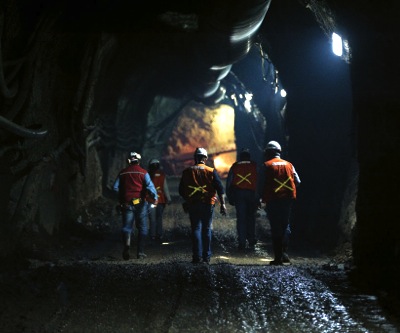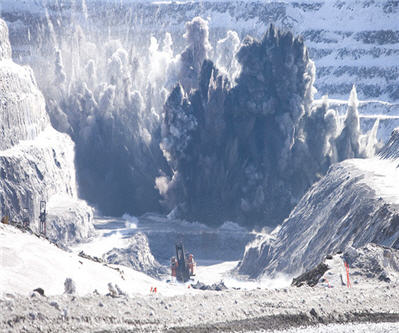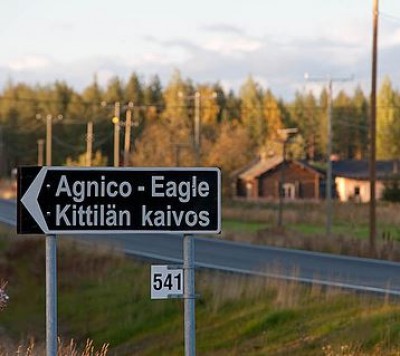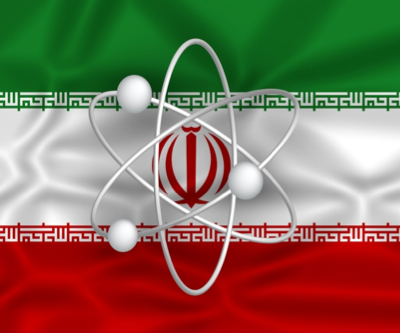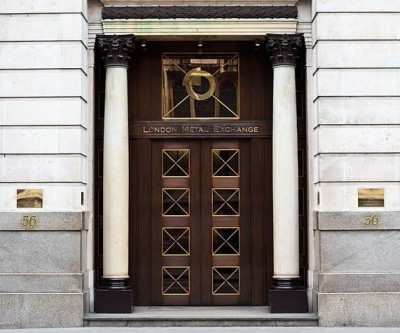Metso targeting annual savings of around EUR 100 million through its global efficiency program
Metso has started a global efficiency program covering its continuing operations following the demerger. The program is designed to improve Metso's cost structure and operational efficiency and is expected to yield annual savings of around EUR 100 million in operational costs by the end of 2015.



